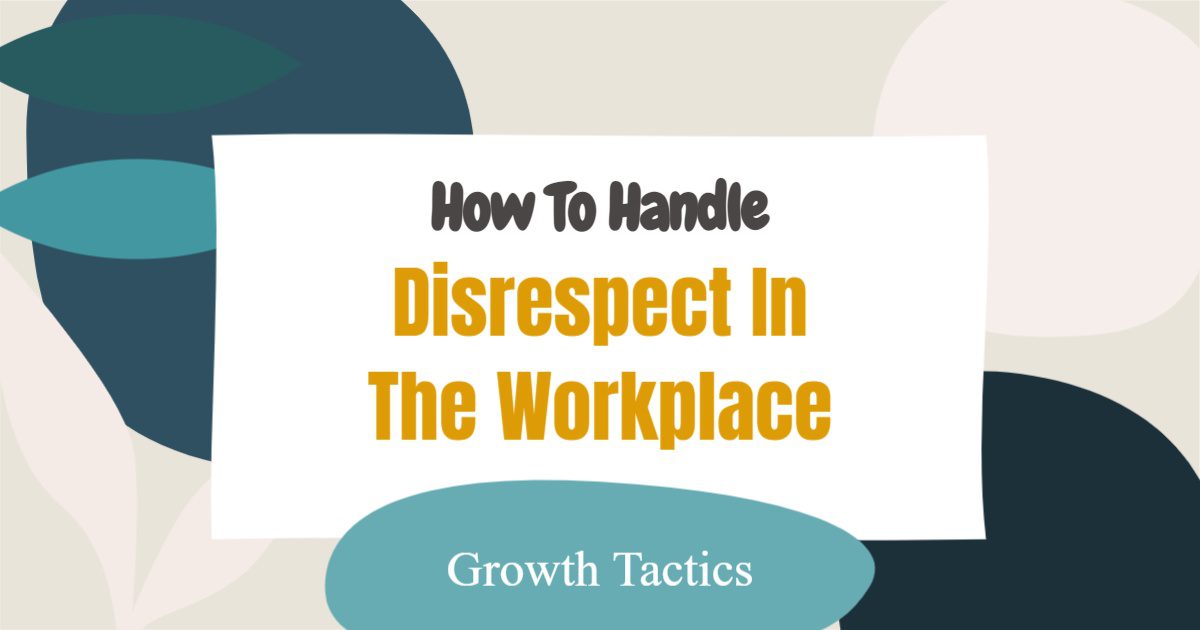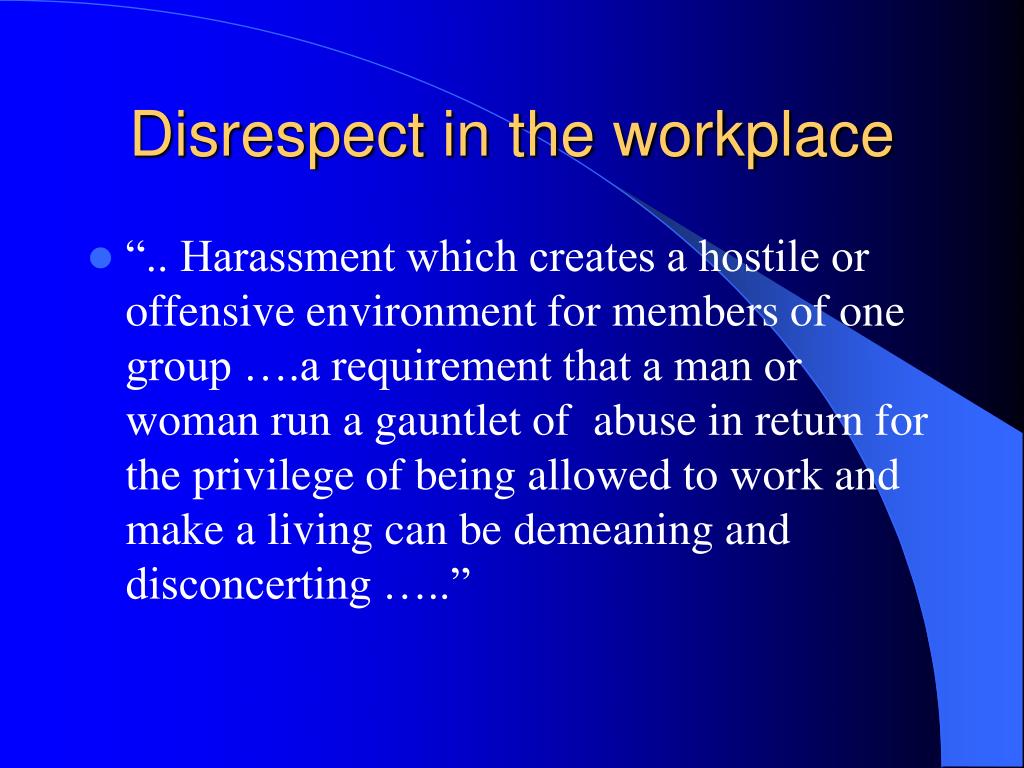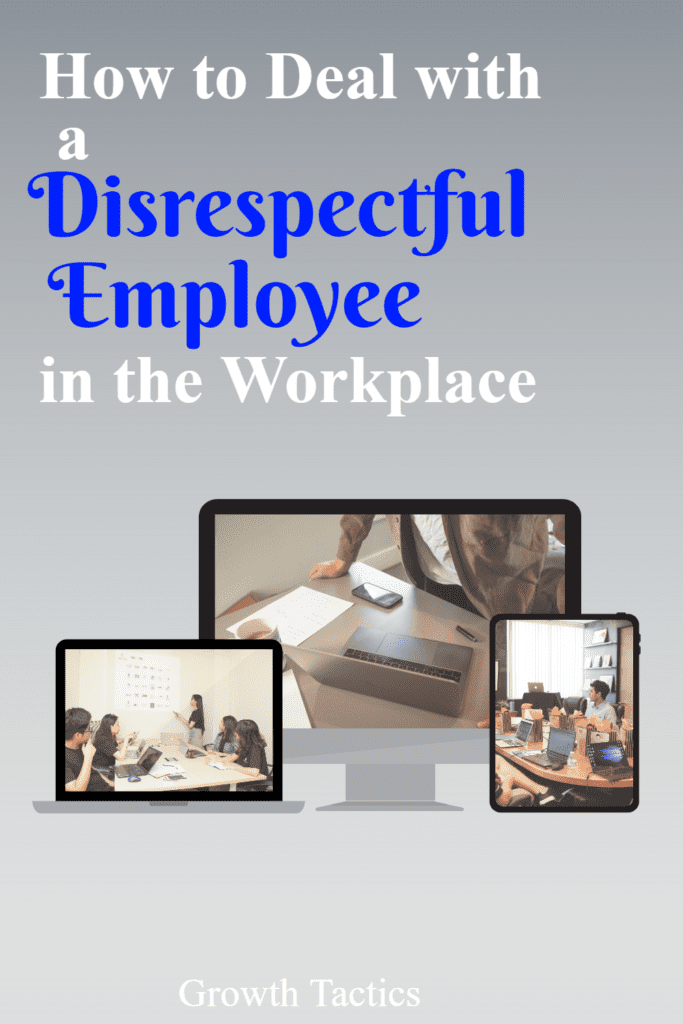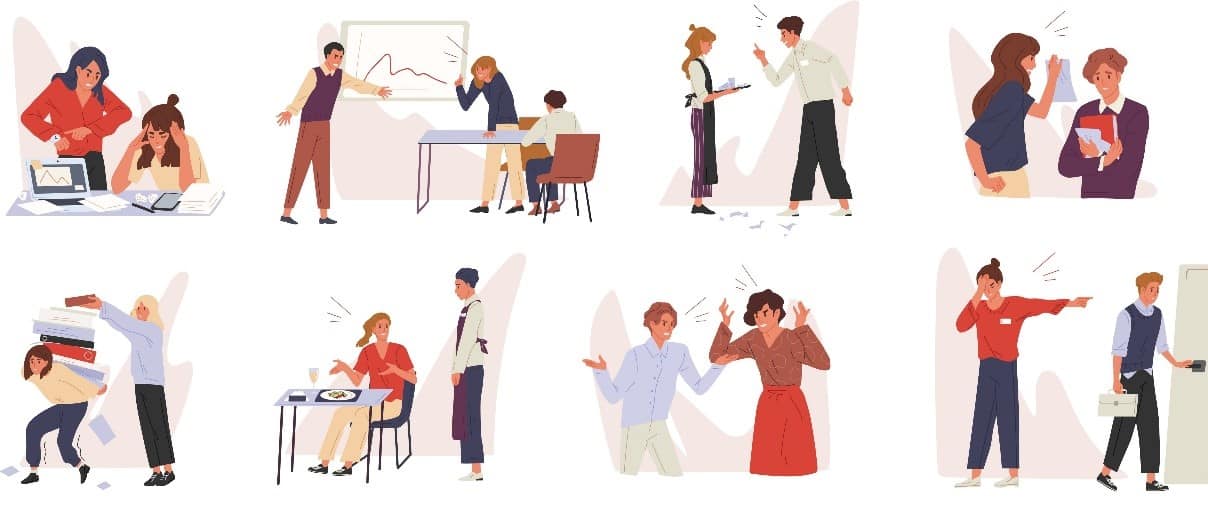Disrespectful Behavior In The Workplace
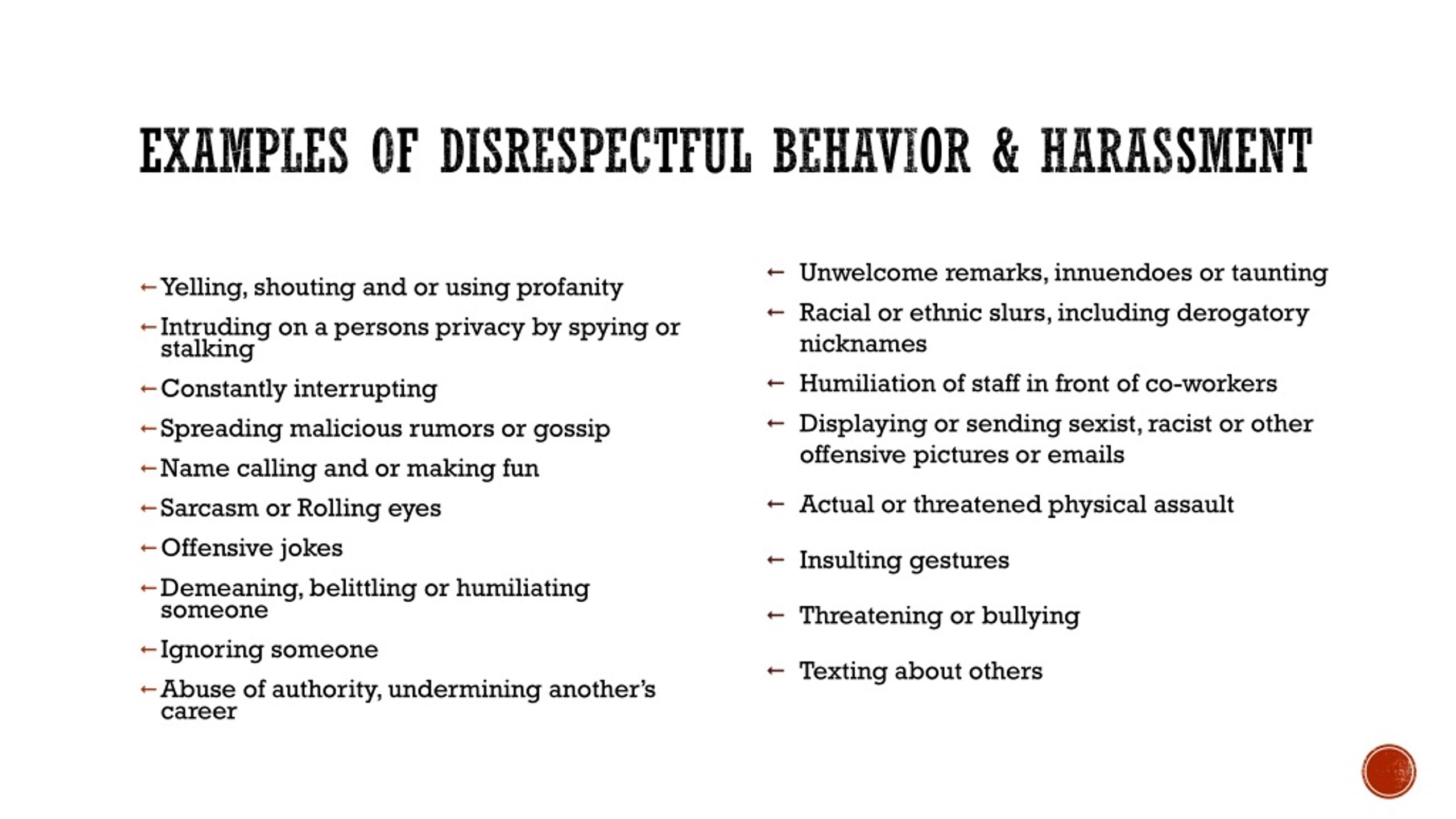
Reports of disrespectful behavior in the workplace are on the rise, prompting concerns about employee well-being, productivity, and legal ramifications for organizations.
The issue, ranging from microaggressions to outright harassment, highlights a growing need for comprehensive workplace culture reform and effective reporting mechanisms. This article explores the prevalence of such behavior, its impact on individuals and companies, and potential solutions being implemented to foster more respectful and inclusive environments.
The Scope of the Problem
Recent studies, including a 2023 report by the Society for Human Resource Management (SHRM), indicate a significant increase in reported incidents of disrespectful behavior across various industries.
The report found that over 40% of employees have experienced or witnessed disrespectful conduct in the workplace. This includes actions such as belittling comments, offensive jokes, and exclusion from team activities.
These behaviors are not only detrimental to individual well-being but also create a toxic work environment impacting overall organizational performance.
Defining Disrespectful Behavior
Disrespectful behavior encompasses a wide range of actions that can undermine an individual's sense of value and dignity.
It can manifest as subtle microaggressions, such as using dismissive language or interrupting someone repeatedly, or as more overt forms of harassment, including bullying and intimidation.
"Disrespectful behavior can be any action or communication that shows a lack of regard for another person's feelings, needs, or rights," explains Dr. Anya Sharma, a leading expert in workplace dynamics.
Impact on Individuals and Organizations
The consequences of experiencing or witnessing disrespectful behavior in the workplace can be profound.
Individuals may suffer from increased stress, anxiety, and depression, leading to decreased job satisfaction and productivity. For the organization, a culture of disrespect can lead to increased employee turnover, decreased morale, and potential legal liabilities.
Absenteeism and presenteeism (being physically present but unproductive) also rise, further impacting the bottom line.
Addressing the Issue: Strategies and Solutions
Organizations are increasingly recognizing the need to proactively address disrespectful behavior and create a more inclusive and respectful workplace.
This involves implementing comprehensive training programs that educate employees on respectful communication, unconscious bias, and bystander intervention.
Clear and accessible reporting mechanisms are also essential, ensuring that employees feel safe and supported in reporting incidents of disrespect.
The Role of Leadership
Leadership plays a critical role in shaping workplace culture.
Leaders must model respectful behavior, actively address instances of disrespect, and hold individuals accountable for their actions.
By setting a clear tone from the top, organizations can foster a culture where respect is valued and expected.
Legal and Ethical Considerations
Beyond the impact on employee well-being and productivity, disrespectful behavior can also have legal ramifications for organizations.
Certain forms of disrespect, such as harassment and discrimination, are illegal and can result in costly lawsuits and reputational damage. Employers have a legal and ethical obligation to provide a safe and respectful work environment for all employees.
Failure to do so can expose the organization to significant financial and legal risks.
Moving forward, a multi-faceted approach that combines training, clear policies, robust reporting mechanisms, and strong leadership is crucial.
Only through a sustained and comprehensive effort can organizations create workplaces where all employees feel valued, respected, and empowered to thrive.






